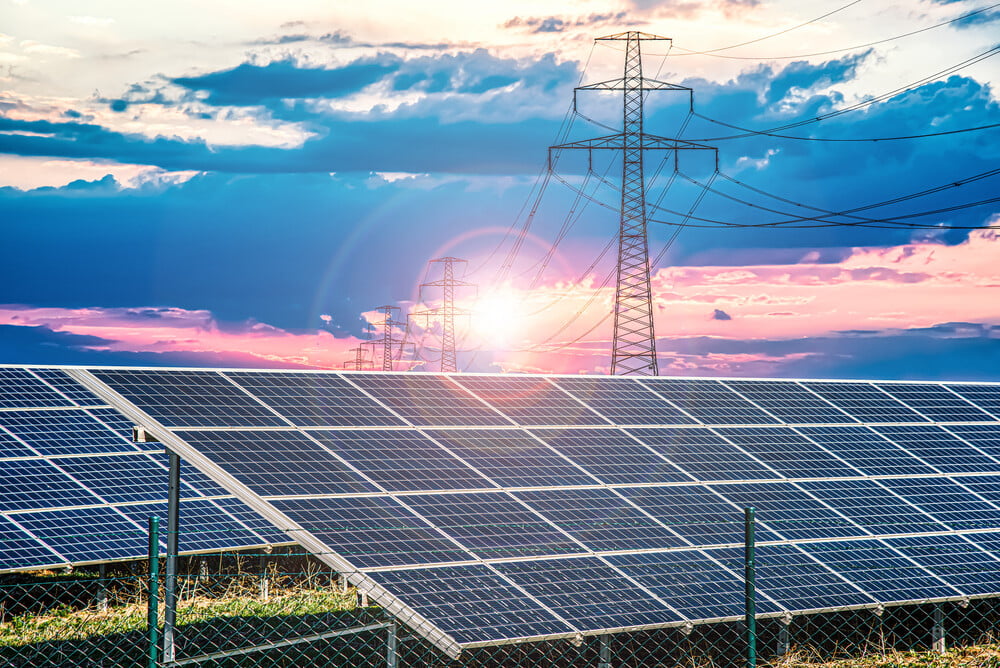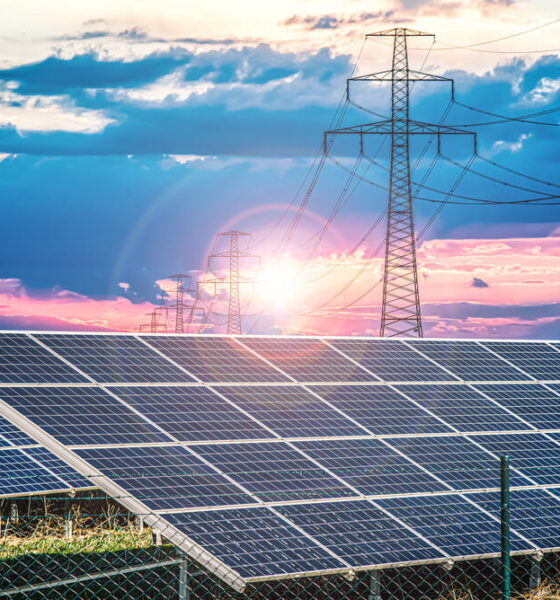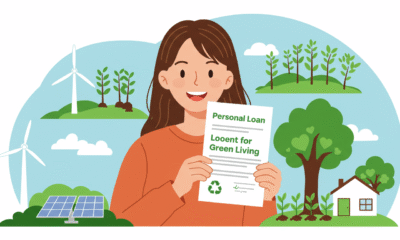Renewable energy is the energy obtained from inexhaustible sources (natural sources), in other words, they are unlimited (can be used over and over). With the increase in energy consumption, campaigns to use renewable energy are being pushed. Fossil fuel, non-renewable energy, is the major alternative to renewable energy. Fossil fuels can be coal, oil, and natural gas. All these can be used only once and it makes the process energy-consuming.
Types of renewable energy
Many sources of renewable energy sources have been developed over time, even though their sources are natural elements, they still need to be developed to be fit and available for use.
Also, the availability of some renewable energies differs due to geographical location, consistent usage, and the time of the year. Though all countries have sun, wind, and water but their quantities or intensities are different.
There are 6 major sources of renewable energy
1. Solar Energy
Solar energy is obtained by making use of radiation captured from sun rays and converting it into useful energy like heat and electricity. Photovoltaic cells are used for conversion. And with proper management, it has little or no negative effect on the environment. In recent time, solar panels installation is on the rise as people are realising the potential of solar energy.
2. Wind Power
Wind flows are converted into energy when they create great kinetic energy by making wind turbines turn fast enough to start up generators. This is then converted into electric energy. The wind turbines are usually located in open places and places with high winds. It is made very high above the ground. It causes no form of pollution. This is why wind power is so popular.
3. Hydroelectric Power
Like wind power, hydroelectric power also turns kinetic energy into mechanical energy to produce electricity. The common forms of this are dams, rivers, and tides.
CONS: The use of hydroelectric power cuts off the flow of water to humans and aquatic animals, this can be rectified if properly managed.
4. Geothermal Energy
The slow decay of radioactive materials in the earth’s core causes heat to be trapped in the earth’s surface. This heat is then drawn to the surface by drilling underground wells which are then pumped to the surface to produce electricity. This source of energy is highly dependent on geographical location.
CONS: It can increase the risk of an earthquake.
5. Biomass Energy/ Bioenergy
This is gotten from biomass, and biomass is organic material gotten from plants and animals. These materials are burned (combusted) and used to produce energy. A common example is the burning of wood
CONS: It releases a high level of carbon into the air (sometimes more than fossil fuels).
6. Ocean/ Tidal energy
Ocean energy, controlled by the moon’s gravity, can be utilized to produce energy. Though not fully developed, it takes the structure of hydroelectric power.
CONS: It can cause harm to wildlife
Benefits of renewable energy
- Environmentally safe: The use of fossil fuels causes high emissions of the greenhouse gases; this causes pollution to the environment. It also traps heat which causes an increase in global temperature. With the use of renewable energy, air pollution will reduce drastically and this will make the environment a safer place to live.
- Unlimited: As the word implies, it is ‘renewable’, we can never run out of it. The sun keeps shining and the wind keeps blowing. This cannot be said about fossil fuels as they are limited. And with an increase in demand for fossil fuel with low supply, the price will go up and this will have a great effect on the world’s economy.
- Economic benefit: Using renewable energy can make room for jobs creation. Experts will be needed for the production of equipment used; human labour will also be needed for the manual works around it.
- Less cost: After the installation of equipment needed, the equipment needs little cost of maintenance over time due because the machines do not need refuelling nor do they rely on external sources of energy.
- Affordability: With the lower cost of maintenance of renewable energy, the cost of electricity will also reduce. With this, the majority will be able to afford the electricity bill.
- Less Dependence on Foreign Energy: With the use of renewable energy, there will be little or no need to import energy or fuels, and this will have a positive effect on the economy.
- Reduces Chances of disaster: Fossil fuels are highly combustible and this can cause fire outbreaks anytime. With the use of renewable energy, the chances are lower.
Barriers to Use of Renewable Energy
- Penetrating the Market: People are so used to the use of fossil fuels that it is hard for them to accept a change in their methods.
- Capital cost: Even though the cost of use of renewable energy is cheap and so is the maintenance, the cost of installation/ production is very high especially if it will be made in larger quantities. No one is ready for the cost yet.
- Location: The wind turbine and solar farms need to be placed somewhere, and it will require a large piece of land. This poses a problem because it requires negotiations and permits from landowners. Also, no one wants something large (though harmless), in their backyard.
- Political barrier: There are not so many laws and policies that favor renewable energy, most renewable energy companies are owned by the private sector which means they are limited in how far they can go.
Cons of renewable energy
- Low Storage Capacity: Unlike fossil fuels which can be stored and carried around, renewable energy cannot be stored. There will be a need for this as technology progresses.
- Unreliability: It has not been confirmed that these sources of energy can power a whole country. More so, the sources might not be around for the whole 24 hours. What happens when the sun goes down or the wind does not blow?
The other cons are also the same as the barriers to renewable energy usage.
Despite these cons, the odds still favor renewable energy. Fossil fuels have served us for long and the transition from non-renewable energy to renewable energy will not be easy. But there is hope for renewable energy in our future. As you have learned, educate people around you. Renewable energy cuts down the cost of living and it also makes living possible (less pollution). You can play your part by installing solar panels in your house. Renewable energy is the future.


 Environment12 months ago
Environment12 months agoAre Polymer Banknotes: an Eco-Friendly Trend or a Groundswell?

 Features11 months ago
Features11 months agoEco-Friendly Cryptocurrencies: Sustainable Investment Choices

 Features12 months ago
Features12 months agoEco-Friendly Crypto Traders Must Find the Right Exchange

 Energy11 months ago
Energy11 months agoThe Growing Role of Solar Panels in Ireland’s Energy Future






























